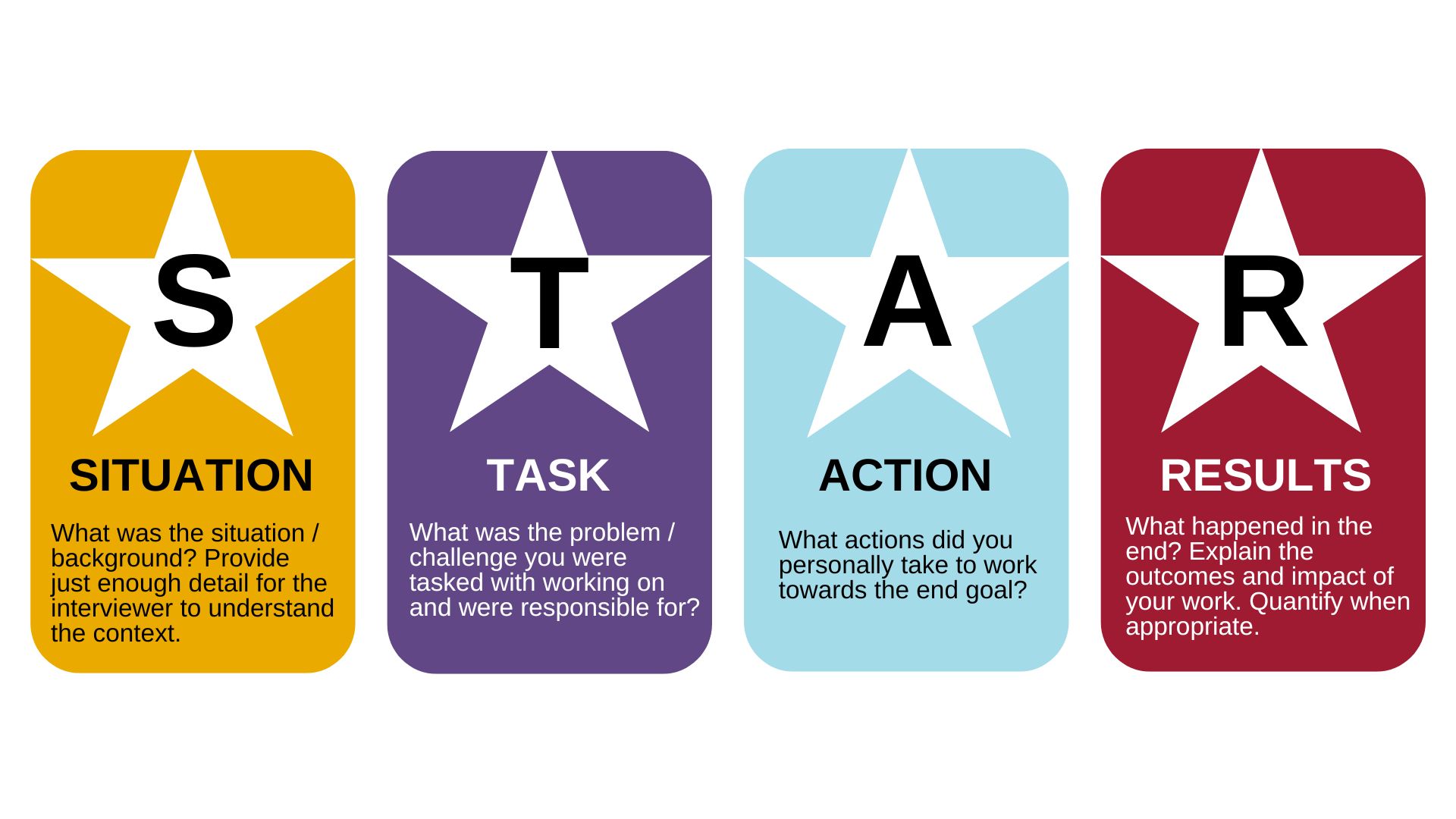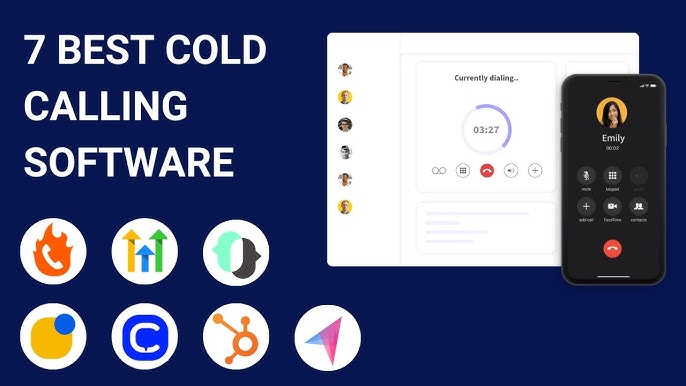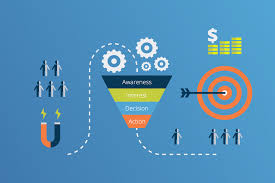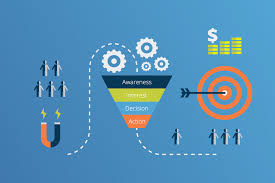AI Interview Assistant: Revolutionizing the Hiring Process

Artificial Intelligence (AI) is transforming the way companies hire talent. With organizations seeking faster, data-driven, and unbiased recruitment, AI-powered Interview Assistants have emerged as a game-changing solution. These AI-driven tools automate interview scheduling, assess candidate responses, and provide insightful analytics, making hiring more efficient and effective.
In this comprehensive guide, we’ll explore what an AI Interview Assistant is, how it works, its key benefits, challenges, and the future of AI-powered hiring.
What is an AI Interview Assistant?
An AI Interview Assistant is a technology-driven solution designed to streamline the recruitment process by automating interviews, analyzing candidate responses, and assisting recruiters in making data-informed hiring decisions. These assistants leverage machine learning (ML), natural language processing (NLP), speech recognition, and predictive analytics to assess candidates in real-time.
AI Interview Assistants can:
Conduct automated interviews via chatbots or video analysis.
Evaluate candidate responses based on tone, confidence, and language proficiency.
Screen resumes and rank candidates based on job fit.
Provide real-time feedback to recruiters.
Reduce hiring bias by focusing on objective, data-driven insights.
How AI Interview Assistants Work
AI Interview Assistants use a combination of natural language understanding (NLU), sentiment analysis, and machine learning to process and evaluate candidate interactions. Here’s how they function in a recruitment pipeline:
1. Resume Screening & Candidate Shortlisting
AI tools analyze resumes and LinkedIn profiles, matching candidate skills and experience with job descriptions. Some platforms use semantic search algorithms to identify the most relevant candidates.
2. Automated Pre-Screening Interviews
AI-powered chatbots or voice assistants conduct initial interviews by asking predefined questions. Candidates' responses are recorded and analyzed using NLP and sentiment detection.
3. Video Interview Analysis
Advanced AI tools assess video interviews, evaluating:
Speech patterns: Confidence, clarity, and engagement.
Facial expressions: Emotional cues and non-verbal communication.
Language use: Relevance, coherence, and tone.
4. Data-Driven Candidate Scoring
AI assigns scores based on predefined hiring criteria, ranking candidates objectively and providing recruiters with insights on who best fits the role.
5. Interview Scheduling and Coordination
AI-powered assistants schedule interviews with hiring managers, send reminders, and coordinate follow-ups—saving recruiters time.
Key Benefits of AI Interview Assistants
1. Faster Hiring Process
AI interview assistants reduce time-to-hire by automating screening, assessments, and scheduling, allowing recruiters to focus on high-priority tasks.
2. Unbiased Candidate Evaluation
Traditional interviews often suffer from unconscious bias. AI interview assistants use objective data to assess candidates, ensuring a fairer selection process.
3. Cost Savings
By automating early-stage interviews, companies reduce the need for human interviewers, cutting recruitment costs and resource allocation.
4. Better Candidate Experience
AI-driven systems offer instant feedback, flexible scheduling, and personalized communication, improving the overall candidate experience.
5. Data-Driven Hiring Decisions
AI collects and analyzes vast amounts of candidate data, enabling recruiters to make informed, data-backed hiring decisions rather than relying on intuition.
6. Scalability
AI interview assistants allow companies to process thousands of applicants simultaneously, making them ideal for high-volume hiring.
Challenges and Limitations of AI Interview Assistants
Despite their benefits, AI Interview Assistants are not without challenges:
1. Potential for Algorithmic Bias
If AI models are trained on biased data, they may unintentionally reinforce hiring discrimination. Ensuring diverse and unbiased training data is critical.
2. Lack of Human Touch
AI cannot replace human intuition, emotional intelligence, and cultural fit assessments. While AI assists, final hiring decisions should involve human oversight.
3. Misinterpretation of Responses
NLP algorithms are not perfect—AI may misinterpret accents, speech patterns, or phrasing and wrongly assess candidate responses.
4. Data Privacy and Security Risks
AI interview tools process sensitive personal data. Companies must ensure compliance with GDPR, CCPA, and other data protection laws to maintain candidate privacy.
5. Resistance to AI Adoption
Recruiters and candidates may be hesitant to trust AI-driven hiring. Organizations need to educate stakeholders on AI's benefits and reliability.
Top AI Interview Assistant Platforms
Several AI-powered interview assistants are revolutionizing recruitment. Here are some of the leading platforms:
1. HireVue
Conducts AI-driven video interviews with behavioral analysis.
Uses machine learning models to evaluate responses.
Assesses tone, body language, and facial expressions.
2. Pymetrics
Uses neuroscience-based games to assess candidate potential.
Employs AI to match candidates with company culture.
Focuses on bias-free hiring through ethical AI algorithms.
3. MyInterview
Provides structured video interviews with AI insights.
Uses machine learning to rank candidates.
Supports collaborative hiring with team feedback integration.
4. Interview Sidekick
AI-driven tool providing real-time interview feedback.
Analyzes candidate responses and technical answers.
Integrates ChatGPT-powered coaching for interview preparation.
5. XOR AI
AI-powered chatbot for automated interview screening.
Conducts pre-employment assessments with NLP analysis.
Handles interview scheduling and coordination.
The Future of AI Interview Assistants
AI interview assistants will continue evolving, incorporating more advanced deep learning models, real-time coaching, and emotional intelligence detection. Some expected trends include:
Real-time AI coaching: AI will provide live feedback to candidates, improving their interview performance.
Voice and emotion analysis: AI will better understand subtle emotional cues for a deeper evaluation of candidates.
AI-generated personalized interview questions: Instead of fixed questions, AI will tailor queries based on a candidate’s profile and responses.
AI-driven diversity and inclusion initiatives: AI will focus on reducing bias and promoting equal opportunities in hiring.
Final Thoughts
AI Interview Assistants are revolutionizing recruitment by enhancing efficiency, reducing bias, and improving candidate experience. While they are not a replacement for human decision-making, they serve as powerful tools to augment the hiring process.
As AI technology advances, organizations must ensure ethical AI practices, unbiased training data, and human oversight to maintain fairness and accuracy in hiring. The future of recruitment lies in a balanced partnership between AI and human expertise, ensuring both efficiency and a human-centric approach to talent acquisition.
Note: IndiBlogHub features both user-submitted and editorial content. We do not verify third-party contributions. Read our Disclaimer and Privacy Policyfor details.







